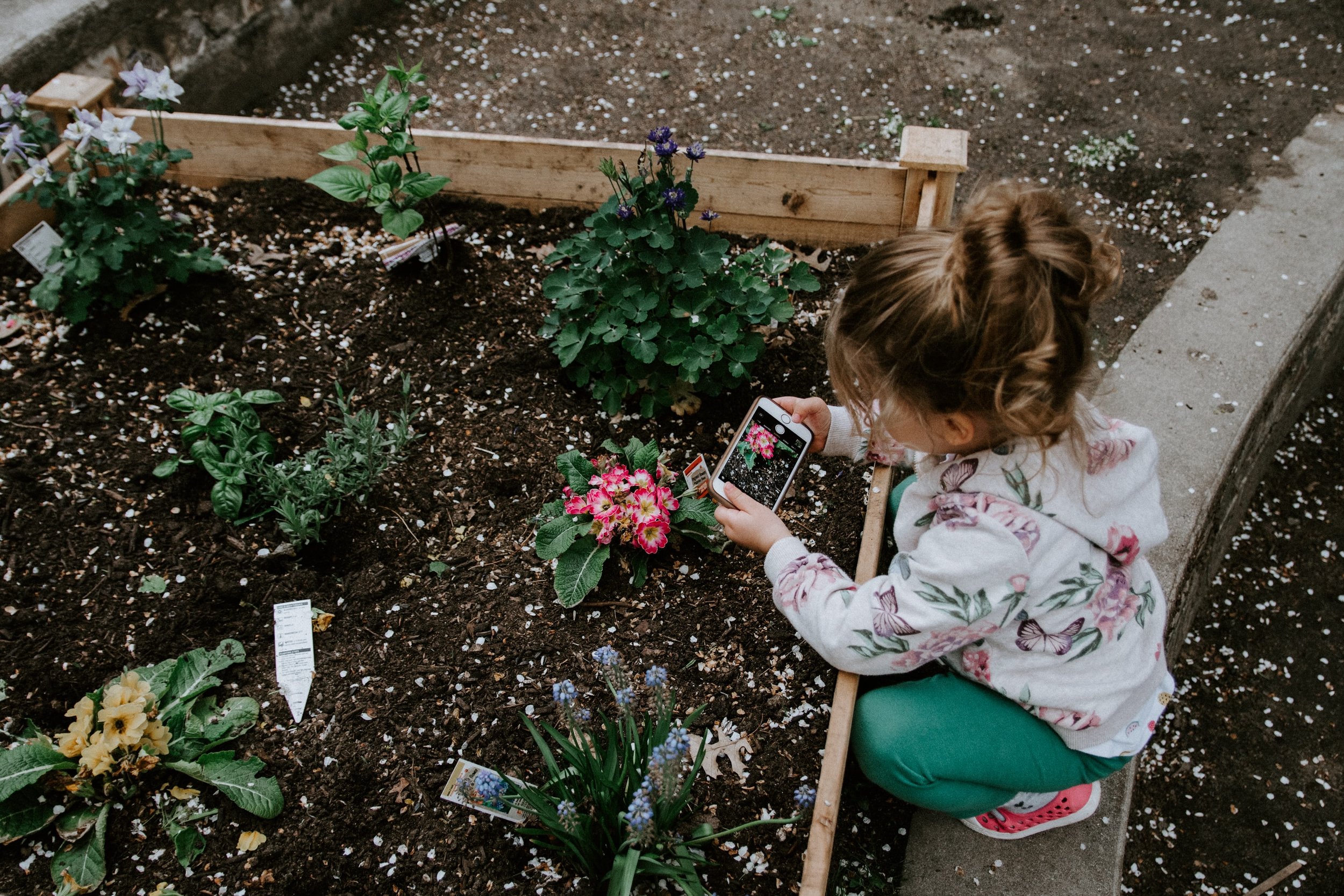Have Fun Practicing Executive Functioning Skills This Summer!
Three activities to practice executive functioning skills this summer
It’s mid-May in Chicago and, seemingly overnight, the temperature shot from 55 to 90 degrees! It’s a quick reminder that summer is quickly approaching.
Summer is, most importantly, a time for our kids to relax, have fun and enjoy a break in their everyday routines. Summer can also be a great, low-pressure time to build and practice important skills.
Since many parents call us looking for executive functioning coaches, I know these are skills that many of our students need to practice. Today we’ll spend some time talking about three fun ways to develop executive functioning skills this summer!
Quick review: What is executive functioning?
In our article, what is executive functioning?, School Psychologist and Executive Functioning Consultant Tulin Akin defines executive functioning as follows:
Executive Function (EF) is a blanket term for a set of general-purpose control processes that facilitate thoughts and behaviors. EFs are what allow us to accomplish goals, solve problems, resist distractions, maintain focus, plan, and regulate our behaviors. EFs are a core component of self-regulation (colloquially known as ‘willpower’) that have broad-ranging and significant implications for our everyday lives.
Executive functions involve important processes like inhibition, working memory, and cognitive flexibility.
In school, in particular, difficulties with executive functioning skills often manifest through the challenges with things like organization, time management, work completion, and long-term planning. Since these are the difficulties we most hear about from our families, we’re going to focus on summer activities that help develop these skills.
Activity #1: Make your child in charge of family field trips
The summer is a great time to take field trips to water parks, museums, amusement parks, nature centers and more. In order to successfully plan and complete a field trip, a lot of executive functioning skills are needed like:
Picking out the destination by researching and narrowing down options
Deciding when to go by looking at traffic, operating hours, and the family schedule
Figuring out when to depart the house by considering how long it will take to get and making any stops that are needed
Calculating how much money will be needed for each person and total (also a great math practice). Consider all potential purchases like meals, parking, admission, and a budget for potential souvenirs or gifts.
Making a list of what you need to bring and packing the supplies in advance. There’s nothing worse than getting to a water park without your swimsuits!
When reviewing these steps, you’ll see lots of different skills involved like planning and organizing. Similar to a research project at school, this big task, the family field trip, needs to be divided into small steps and completed one at a time to get to a successful final outcome!
For the first family field trip, your child may need a lot of help to complete all of these steps! But, as the summer progresses, they’ll have multiple opportunities to practice and you can encourage them to be more and more independent.
Similar to a research project at school, this big task, the family field trip, needs to be divided into small steps and completed one at a time to get to a successful final outcome!
Activity #2: Plant a garden
Plant sales have been booming in recent years, especially since the start of the pandemic. The Brooklyn Botanic Gardens highlight that “plants have given many people a new routine, a chance to nurture living things, a sense of progress as they thrive, and more breaks from screen time while interacting with them.” Routine, progress and screen breaks are elements I think we can all use more of! Planting a garden reinforces many executive functioning skills such as:
Breaking the large, overall task into smaller, more manageable subtasks
Matching the plant’s needed conditions with the conditions you’ve got available (indoor or outdoor, sun or shade, etc.)
Organizing the physical space as needed to ensure plants have the space, lights and soil they need to thrive
Calculating how much money will be needed to purchase plants and supplies (also a great math practice)
Work completion in continuing the plants’ necessary care and maintenance
Caring for a garden definitely involves more sustained attention than some other activities because, after you get everything planted, your child will need to consistently care for the plants to keep them alive!
Make sure to build in frequent rewards for the hard work like cutting off flowers and making bouquets for indoor enjoyment, celebrating plant growth and progress, and cooking with edible plants. Sustained attention skills are built with repeated practice and frequent rewards for sticking with the task!
Activity #3: Plan a sports tournament, competition, or performance
Planning a sports competition is great because it practices many of the same skills we’ve already talked about in previous examples with the added bonus of giving your child exercise! Studies show that athleticism is correlated positively with executive functioning skills.
To successfully pull off this event, your child will need to:
Breaking the large, overall task into smaller, more manageable subtasks
Matching up initial brackets for tournaments or deciding routine in order for a performance
Organizing the physical space as needed to ensure all necessary activities have the space needed
Planning what supplies will be needed and who will bring what. For example: will there be uniforms/costumes? Who will bring water? Will there be snacks? Who is responsible for bringing everything? How will we remind everyone to bring what they need to bring?
About the author:
Laura Reber is a school psychologist and founder of Chicago Home Tutor. Chicago Home Tutor has helped hundreds of students turn learning challenges into life-changing achievements.




